Undergraduate Major Programs

Ecology and Evolutionary Biology
Explore evolutionary ecology and genetics in the first department of its kind in the world. Prepare to pursue graduate study or a career such as scientific journalism, developing environmental and scientific policy, or practicing law in related fields through core courses in genetics, ecology and evolution, and additional opportunities for independent research.
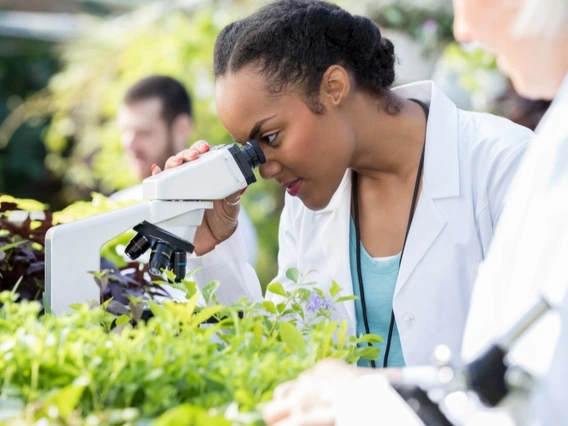
Environmental Science
Soil, Air, and Water Emphasis
Working in classrooms, labs and in the field, develop a broad scientific understanding of human influence on the natural world, from a molecular level to a global scale, and how environmental systems sustain climate, purify water, provide food and fiber, and remediate pollution.

Environmental Science
The Biosphere Emphasis
Explore the interactions of microbes, plants, animals, and humans with their physical and chemical environments and learn how to apply biological principles to biodiversity while gaining a broad understanding of habitat conservation, restoration, and rehabilitation. Graduate with the expertise, confidence, and connections to solve environmental and human health challenges.
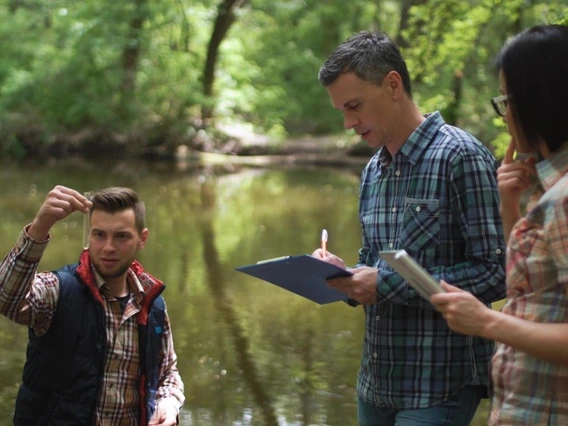
Geography
Water, Environment and Society Emphasis
Explore water supply and demand—a critical issue globally and in the Western U.S.—at a the world's No. 1 program in water resources. Courses examine key challenges and train you in the methods to address them, including remote sensing, geographic information science, and field methods, complemented by internships and research opportunities at renowned facilities and organizations.
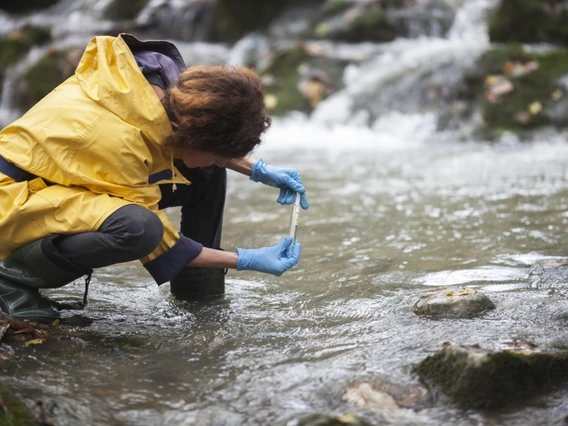
Geosciences
Earth, Ocean, and Climate Emphasis
Develop an understanding of Earth's climate—past, present, and future—and the important connections between the solid Earth, oceans, and atmosphere, and how they influence modern climate dynamics. Graduates pursue careers in environmental geology and scientific research in fields such as oceanography, climate science, surficial processes, paleoclimate, paleoecology and more.

Geosciences
Geology Emphasis
Develop understanding of the structure of the Earth, evolution of life on Earth, plate tectonics, formation and importance of Earth materials and natural resources, processes that shape and change our planet, and linkages between humans and our physical environment. Graduates pursue careers in research, energy, mineral resources, academia, and more.
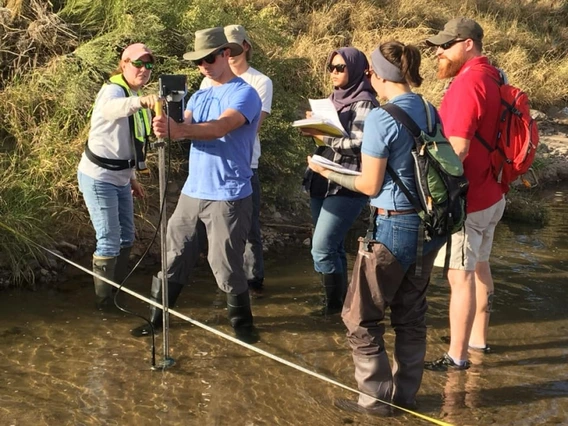
Hydrology and Atmospheric Sciences
Environmental Hydrology and Water Resources Emphasis
Learn about the interplay between water, nature and humans, quality and quantity of various water supplies, how water flow affects the environment, drought, flooding, pollution, precipitation, and more while preparing for a career that helps communities and conserves the environment.
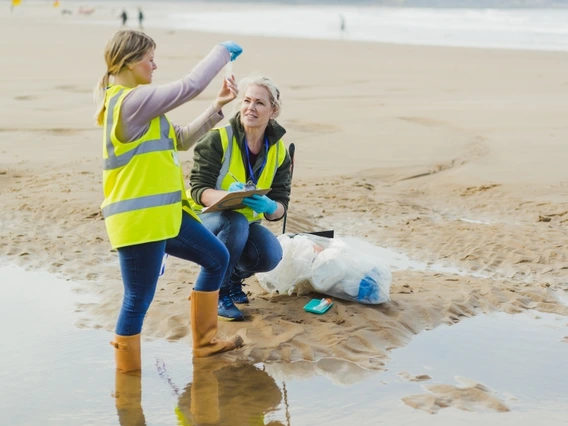
Natural Resources
Conservation Biology Emphasis
Study conservation of invertebrates, vertebrates, plants, fungi, microbes and scientific disciplines through coursework in policy, planning, and economics while acquiring highly desirable science and social-science skills and real-world experiences to pursue a career as a conservation biologist, conservation planner, environmental educator, researchers natural resource managers, or ecologist.
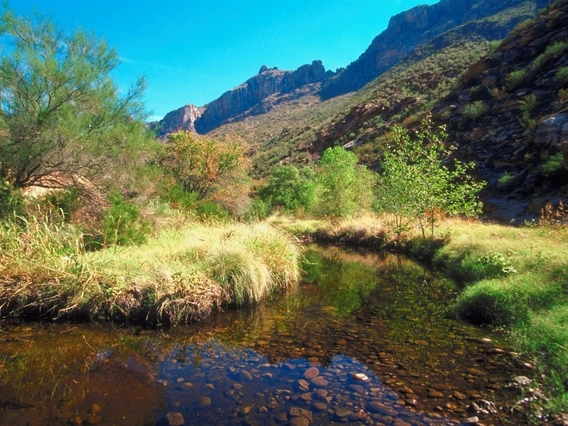
Natural Resources
Ecology, Management and Restoration of Rangelands Emphasis
Rise to the challenge of sustainably repairing and responsibly managing ecological systems with this degree, which focuses on resource management and restoration by building a strong foundation in the biological, physical, ecological and botanical sciences and field courses, internships, lab work, and opportunities to join research and restoration projects.
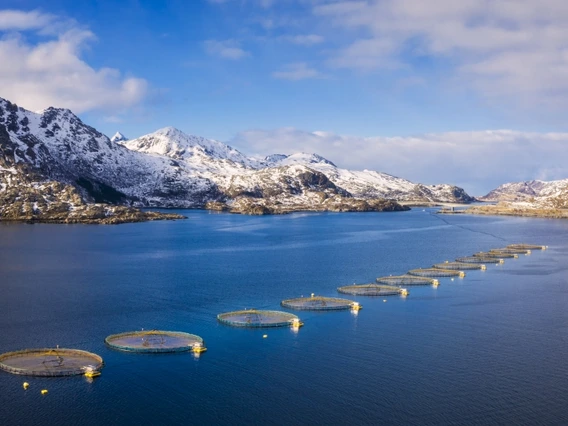
Natural Resources
Fisheries Conservation and Management Emphasis
Prepare for a career as a fishery biologists who develops strategies to maintain biodiversity and habitat, helps rare and endangered species to recover, manages populations of harvested animals, enforces laws, monitors plant and animal populations, manages refuges and hatcheries, designs and implements research projects, eliminates invasive species, develops computer models, and educates the public.
Pagination
Environmental Themes
Career Fields












